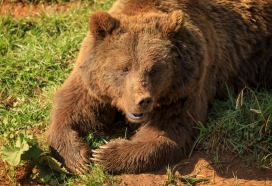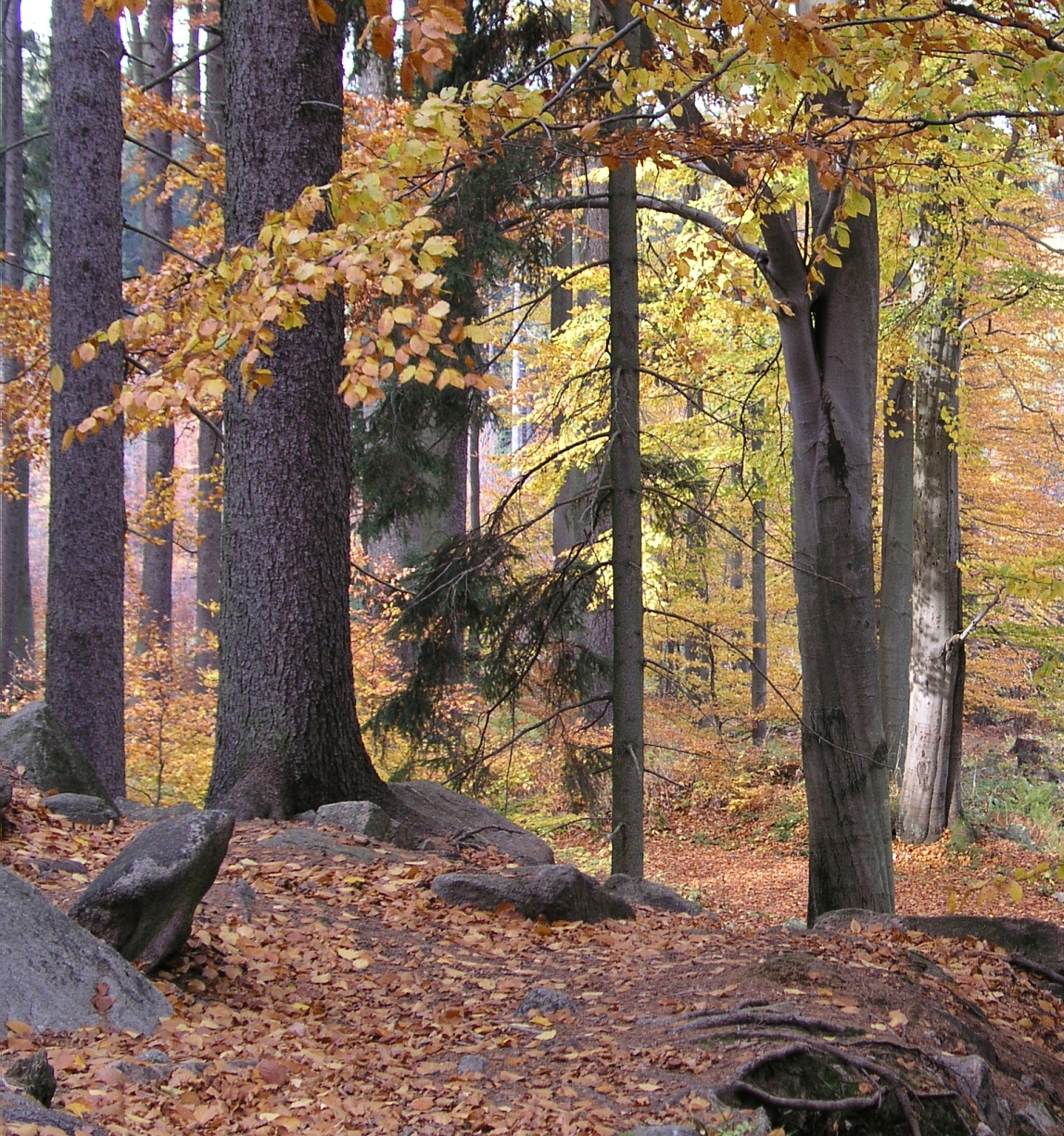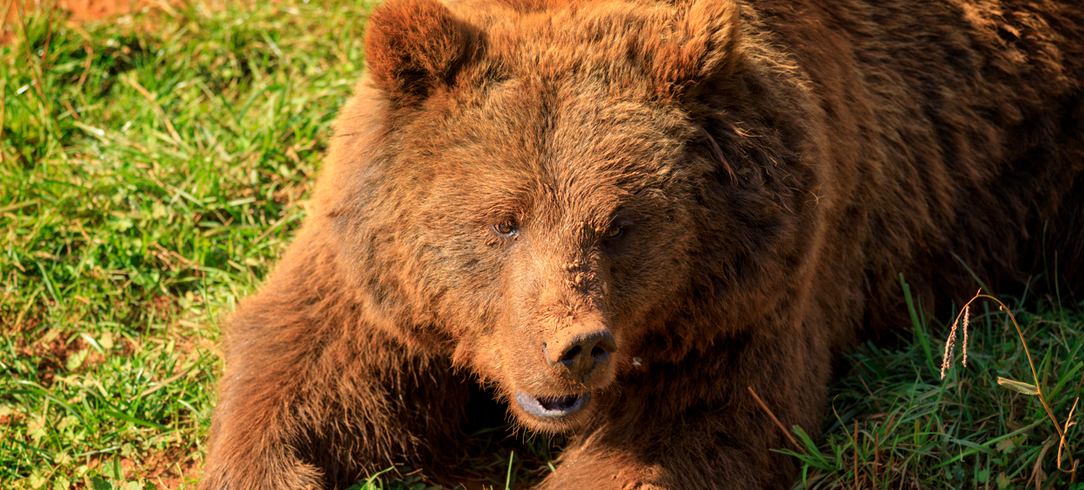
FSC has joined 100+ NGOs supporting the #Together4Forests movement.


Every living creature in the world needs somewhere to live, food to eat and the ability to reproduce to be able to survive. But for the Cantabrian brown bear, that has not always been so easy. For centuries, it co-existed with humans in the Cantabrian Mountains, stretching for over 300 kilometres across northern Spain.
Yet in the 1980s, human interference caused a dramatic drop in the bear’s population, making it almost impossible to spot one in the mountains. Illegal poaching and hunting, as well as human expansion created a huge habitat loss for these bears and pushed them to the verge of extinction.
At a time when the health of most of our planet’s ecosystems is deteriorating, threatening thousands of species with extinction, some forest owners are showing they help preserve these endangered animals through FSC ecosystem services certification – better known as the FSC Ecosystem Services Procedure. Through this procedure, forest owners can verify their positive impacts on ecosystem services and protect species and their habitat in the forests they manage.
In Spain for instance, Biesca Ingeniería – a company specialised in forestry and environmental consulting – partnered up with the local conservation association FAPAS to implement the FSC Ecosystem Services Procedure to highlight their conservation efforts. Biesca Ingeniería already obtained an FSC group certification back in 2015 for the forests they manage sustainably in collaboration with their partners – including FAPAS.

The FSC Ecosystem Services Procedure specifically helps forest managers highlight their positive impact on forest ecosystem services. Ecosystem services are all the benefits that nature provides to humans. In the forests, such services include carbon storage – which reduces the effects of global warming and climate change– as well as water cleanliness and wildlife conservation. The FSC Ecosystem Services Procedure helps forest owner demonstrate and communicate about the positive impact their responsible forest management has on such benefits, thereby adding business value for those who take action to preserve forest ecosystem services.
In Spain, various companies are now showing interest in investing in certified ecosystem services as they demonstrate well-maintained forests and enhance the lives of wildlife and humans by providing fresh air and clean water.
To successfully implement the FSC Ecosystems Services Procedure, FAPAS developed a series of measures linked with bear conservation. They planted indigenous fruit trees – mainly wild cherries and apples – inside and around the forests Biesca Ingeniería manages. Bears are quite fond of these fruits and often come closer to villages in the summer to find them. They then disperse seeds by throwing them on the surrounding ground, contributing to growing more of these fruit species. The planting of trees helps bears access the fruits directly in their home forests and restores balance in their habitat. To re-grow the bear’s natural forests, FAPAS also re-planted indigenous holm oaks while eradicating non-native eucalyptus trees – introduced from Australia during the 19th century. This measure also prevents deadly forest fires, as eucalyptus trees are very flammable compared with native oak species.
In early 2020, Biesca Ingeniería and their partners successfully used the FSC Ecosystem Services Procedure for the 3,500 hectares Asturian forests they manage.
At the moment, the Cantabrian bear population includes approximately 300 animals. The fruit trees are just starting to grow and cannot be harvested yet. But soon enough, FAPAS and Biesca Ingeniería will start to reap the rewards for their efforts to preserve their forests and the bears that live in them.